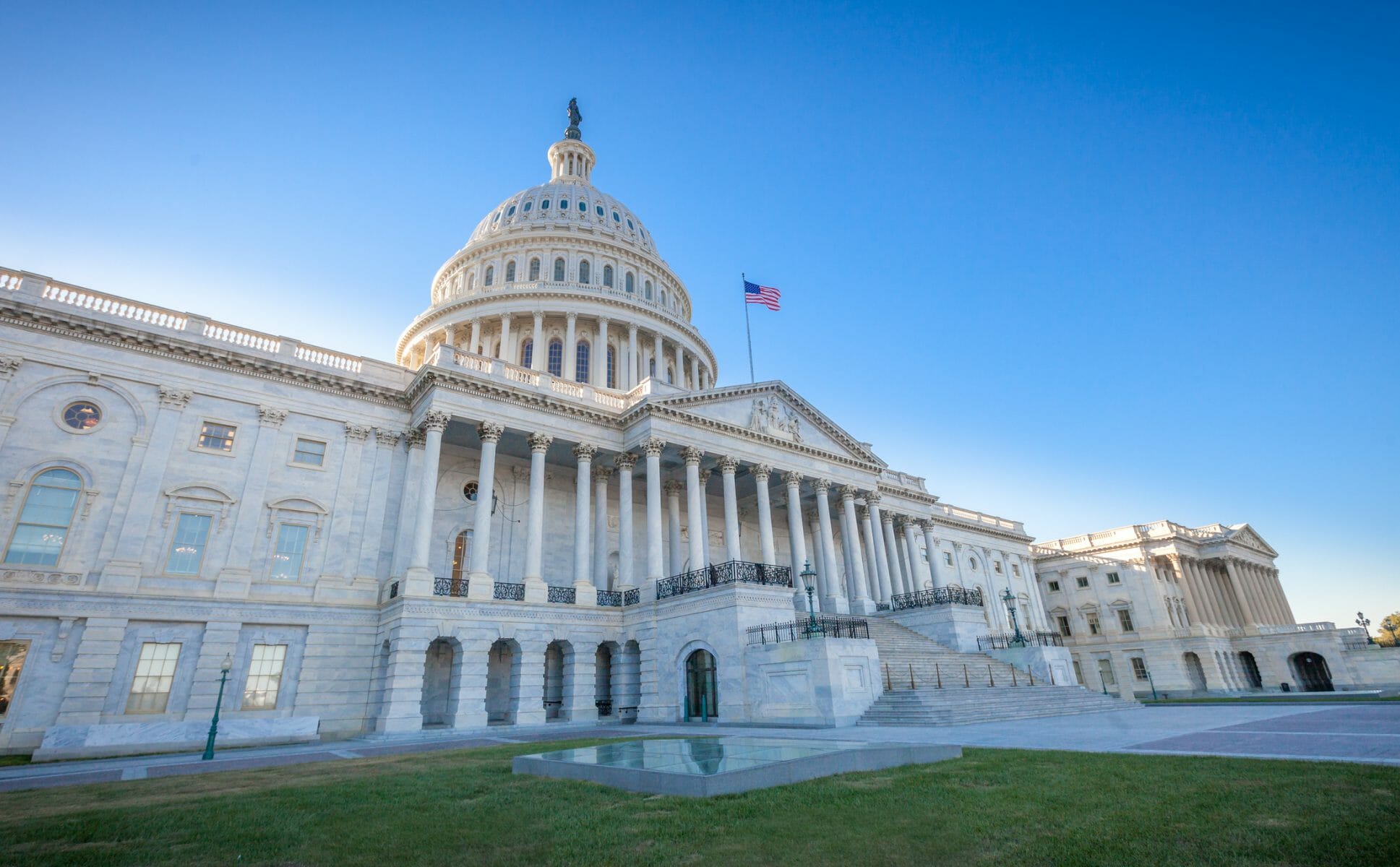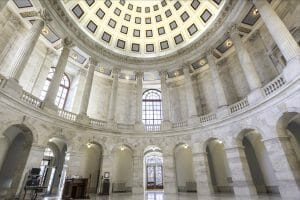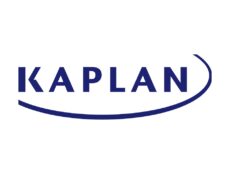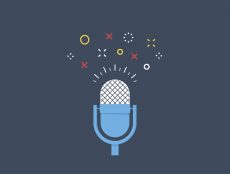
This week, the U.S. Senate continues to consider the tax overhaul bill that passed the House of Representatives earlier this month. Much has been written about what it will accomplish, what it left out, and what may come to pass if it goes into law.
Few, however, have considered how exactly it will affect the lives and finances of traditional students—a phrase that we hesitate to use. Fewer still have considered how it will affect non-traditional students.
Since 2013 and likely before, the majority of Americans seeking higher education cannot be described as traditional. They may not be seeking a traditional bachelor’s degree. They might have a family, or work a full-time job. They might live too far away from a campus to commute. They might take their program entirely online, or in a blended environment.
These statements refer to people seeking higher education in one form or another. But going further, eLearners are even less typical. People who pursue education through online, digital, or mobile learning come from all different backgrounds and hope to achieve different goals from their programs.
These learners might be enrolled in a non-accredited online program. They might be enrolled in a massive online open course (MOOC). They might receive training from their employer to advance their ability. They might receive training from their employer to stay up to date on new standards of practices in their industry. They might be attending a coding bootcamp, hoping to increase their paycheck and standard of living.
While these learners are not typical, the House tax reform plan that stands to clear the Senate before the New Year will affect large swathes in similar ways. In the interests of atypical learners, we have detailed a few potential outcomes below.
Lifelong Learners Will Lose Big
Politicians tend to target traditional students when writing legislation that would ease the burden of education. But a significant amount of relief is also currently in place for people who wish to continue their education, extend their abilities, or retrain for different jobs.

The Lifetime Learning Credit allows for a $2,000 credit for anyone pursuing post-secondary programs aimed at improving their job skills. This is the only higher education tax credit that applies beyond accredited degree programs. There is no limit on how many years learners can claim this credit. The program he or she is pursuing does not need to lead to a degree or a recognized educational credit. Americans claiming this credit receive, collectively, $11.2 bn annually. The House bill will do away with this.
For many lifelong learners, their employer values their membership in their company and will pay for them to train to acquire new skills. Under the present tax system, employees who undergo such training can claim exemption on up to $5,250 of what their employer pays. The tax reform bill will do away with this provision, increasing the burden further.
Students in General Will Lose
The House bill, by and large, sought to do away with as many credits, deductions, and exclusions as possible. The amount extra American adult students will have to pay on a yearly basis will total as much as $65 bn.
Many outlets have recently reported on the large burden that will also fall on graduate students. These learners typically receive some kind of tuition waiver or stipend from their institution, often in exchange for serving as a teaching assistant or by teaching courses themselves. These benefits were previously not included in grad students’ income, but the House bill will reverse this policy.
The reform will also eliminate the student loan interest reduction. This aspect of U.S. tax code allows students with an annual income below $65,000 who have loans from attending college to deduct $2,500. Currently, roughly 3,000 Americans default on their student loans every day.
It is true, many seek online degrees or non-accredited online programs to save money, but that does not mean that they don’t also benefit from this measure.
The House Tax Reform Bill and eLearning Looking Forward
The good news is that the Senate has yet to agree on their own bill, and it will likely not be quite as harsh as that passed by the House.
But outside the bill, the current federal administration seems to have mixed policies on eLearning in general. Yes, Betsy Devos supports virtual charter schools and takes a generally (lower-case) liberal view on where parents send their children to get educated. But she also supports a heavily deregulated for-profit higher education climate.
She has already suspended the Obama Administration’s measure requiring for-profit institutions to faithfully report their graduates’ employment success. She has also filled several top positions with industry insiders. She appointed Julian Schmoke Jr. to lead a team that polices fraud in higher education. Schmoke used to be the dean of Devry University. Last year, Devry’s parent company agreed to a $100 m settlement over allegations that the company incorrectly advertised their students’ job success and salaries.
If a tax reform bill passes, it will likely be the next step to a harsher educational environment.









No Comments